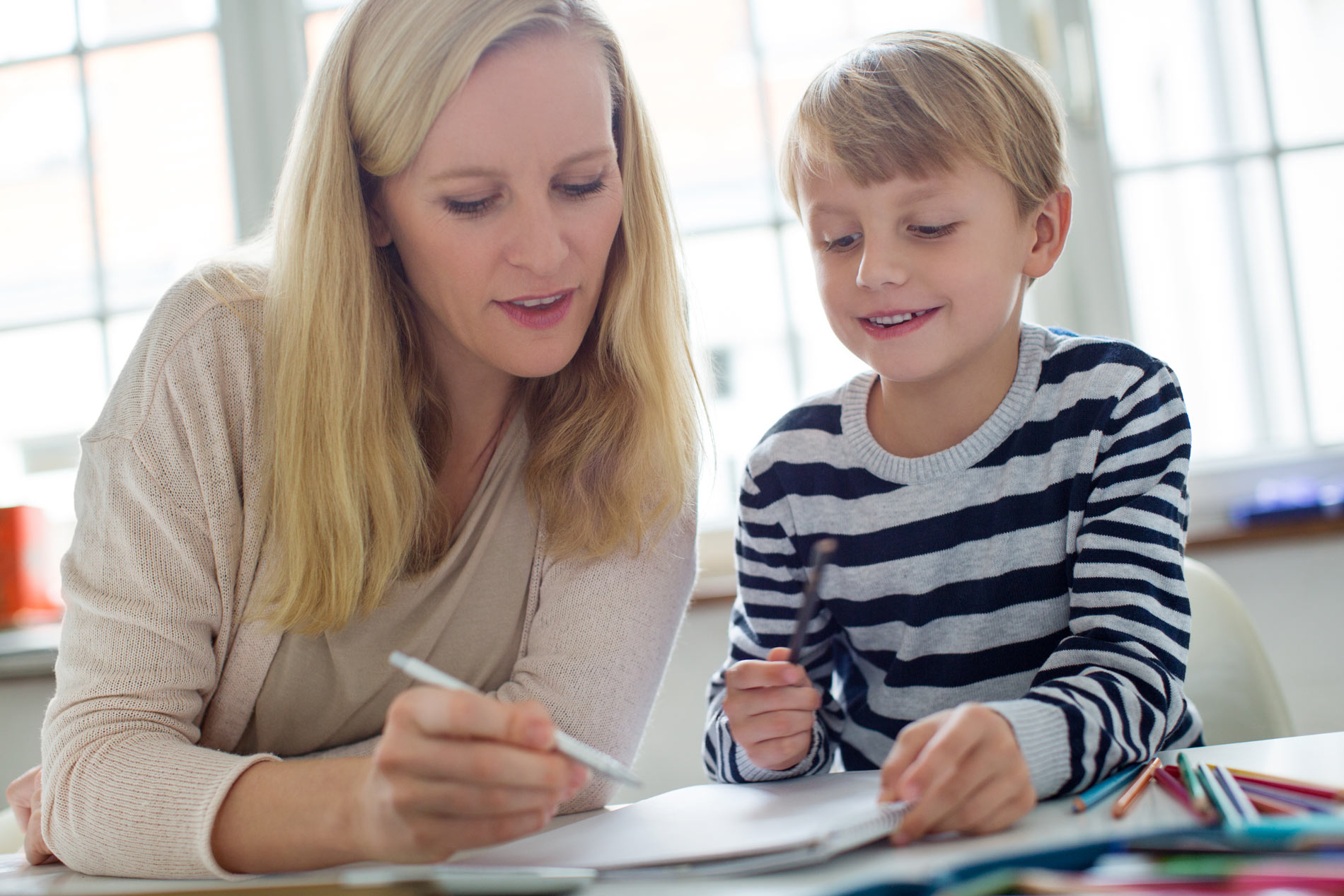Kids
Psycho-educational testing
It's a diagnosis process where cognitive skills such as work memory, information processing speed and visuospatial skills are evaluated by the psychologist and language skills such as reading comprehension, auditory memory and written expression are evaluated by the speech therapist in order to reach a conclusion about the strengths and weaknesses of the child in his/her learning capacity.
The importance of a Psychoeducational Evaluation
What is a psychoeducational evaluation?What is the process like?
1.
The first step involves an interview with the parents to gather information regarding the consulting reason and the difficulties perceived at school and at home. During this interview, the professional needs all the information the family can provide such as previous reports from other clinics or schools, medical reports in case of presenting some sort of condition that affects learning and even items such as teacher’s letters or notebooks. Why is it necessary? Evaluation makes sense in different cases. Some of the most common are school failure, evaluation of high capacities or the need for a regulated diagnosis to obtain curricular adaptations in exams. What type of tests does my child need? Only a professional such as a psychologist, a speech therapist or an educational psychologist can help us with this question. According to our child’s difficulties at school, one set of tests or another might be needed. Hence the importance of the initial interview and all the available information provided to the professional by the clients.
2.
The professional will study the information and locate the supposed problematic areas in order to decide which evaluation tools will be needed during the first stage. The professional will also decide which language is most appropriate to evaluate the different capacities.
3.
The family will receive a detailed budget which will include a list of the tests to be used in the evaluation.
4.
The administration of tests would be the next step. It would be advisable that the child comes in a morning timetable and rested. Two different sessions might be needed with short breaks. The total duration of this stage can be between 2 and 5 hours.
5.
The professional will proceed to correct the tests and the interpretation of results stage will begin. Correction and interpretation are the most technically demanding processes. The professional devotes, approximately, the same number of hours to this than to the administration of the tests. A very specific training is required to be able to do this together with a minimum period of 2 year experience with the tests and a proficient command of the language to be used in the evaluation.
6.
During this process, the need of complementing the evaluation with the participation of another professional may arise, in the case, for example, where there has been a possible language problem detected in the cognitive evaluation done by the psychologist. In this case the professional will inform the family of the need of the evaluation of the speech therapist. Both professionals would have a coordination meeting and a complementary evaluation process would begin with an interview between the speech therapist and the parents, after which another budget would be elaborated, to continue with the corresponding test administration.
7.
The report and the feedback session with the parents imply the end of the process. A report of this sort will include a detailed description of all the skills evaluated, a comparison of the scores obtained with the population of the same age, a description of disharmonies between abilities, diagnostic hypothesis and recommendations for the family and school. This process frequently implies between 2 and 5 hours of work depending on the number of tests and the complexity of the evaluation. In the case of having two professionals intervening, there will be a combined report in which the information is coordinated to reach a combined interpretation.

Advantages of having an evaluation
The evaluation will provide a lot of useful information:- At school, teachers can identify the difficulties and will have very specific guidelines to help our child
- When it comes to studying at home, we will get to know better which strengths can our child lean on to study more efficiently
- When facing official exams such as PAU, IB or academic tests in centres that include curricular adaptations, if their difficulties imply a disadvantage, they will benefit from the adaptations which will improve their opportunities
